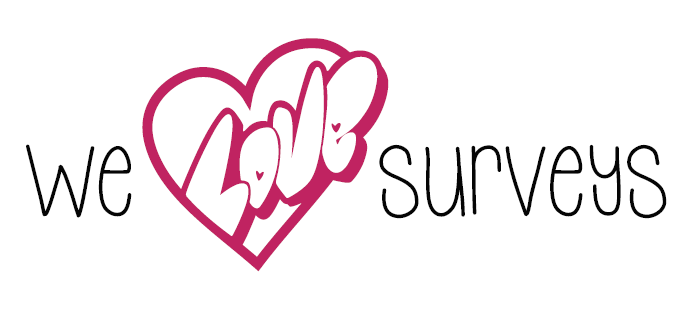The question of how to better engage employees comes up time and again when we start talking to clients. After many years of firms wondering whether it is something they need to consider, it looks like 2021 could be a bumper year for employees of every size business to be heard.
The ‘fresh’ decade we were expecting in 2020 didn’t exactly work out how we imagined. Despite a raft of new initiatives coming from the HR industry, from thought leaders and experts in the field, many initiatives were not designed for the widespread remote working we’ve experienced over the last year.
Many large organisations have already embraced the concept of employee engagement; they have the resources and leadership structure to do so. Many SMEs do not have an employee engagement officer in situ, and it is left to the HR manager or other senior leader to take responsibility for it.
But the realities of the ground don't change with the size of business. Every size organisation that employs staff, needs to understand how they feel about their working life in order to help the business make better decisions.
In uncertain times, with many companies wondering what the impact of elections, the possibility of Brexit, deal or no deal, employees, too, are left with a sense of uncertainty. That nervousness can affect the workforce and feelings of insecurity. They may well recognise that the political landscape is out of their employer's control, but it doesn't stop them feeling anxious as they go about their daily duties.
Figures from NHS Data show that anxiety and stress is one of the biggest causes of staff sickness in the NHS, with over 320,000 days lost in April 2019 alone. The ONS says that 7 per cent of sickness absence across the UK is caused by stress-related illness.
Not all staff members feel able to talk to a manager about how they feel about their work for the fear of the impact that may have on the business. And so, the business enters a cycle of poor communication and unbeknownst issues that it can't act upon.
It's time to make it easier for staff to tell an employer how they feel
In 2021, there are a multitude of ways in which an employer can engage with its staff. In addition to the standard ways of one-to-one catchups, calls and emails, employees are usually au fait with tools like WhatsApp, Slack, Skype and so on. Using such applications that are quick and easy for the user can assist in asking those quick questions to check in with a team member.
Long questionnaires covering every minute detail of their feelings are cumbersome and result in poor response rates whereas a single question on how someone feels today is easy to respond to, and is essentially transactional for the respondent. But, over time, the amount of data that can be gathered allows a firm to paint a more accurate picture of how the team are feeling at any given point.
Making the request for information via mobile also helps with response rates. Any technology deployed needs to be usable on a mobile device.
Ask quickly and more frequently for a better sense of what is going on in the business.
Bridging the generation gap
As time moves forward, more of the workforce is used to being asked how they feel. Indeed, according to Gallup, 'millennials respond more positively to bosses who frequently engage with them.'
If your company is not actively asking its team how they are feeling in 2021, then prepare for a downturn in staff loyalty.
Millennials are now at a time in their lives when they are building families and deciding how their future maps out. Now is a crucial time to be engaging with them to secure their skills and help your business grow.
Even those reaching retirement are keen to be engaged. 'Boomers', as they are affectionately known, are considering their options, with many choosing to move from their lifelong career into more transactional roles that give them flexibility. Understanding the needs of this section of the workforce plays an important role in any employee engagement strategy. They may not be as tech-savvy as their younger counterparts, but they still need to be represented.
Coming up with a strategy that involves inclusivity of the whole team needs to be considered.
2021 is the year of easy implementation
The mental health impact of the pandemic has caused many businesses to take time to consider how to introduce or improve their employee engagement strategy for 2021. Fortunately, the process can be relatively straightforward to implement. Knowing the objectives of the exercise - understanding what you want to know - is key, and considering the demographic of your workforce will then help you identify the best method of implementation.
For information on how to craft the most appropriate questions, methodology and frequency to generate maximum response from your team, please visit our section of the website or contact us directly where we'd love to chat to you about how you can get your 2021 strategy off to a great start.

